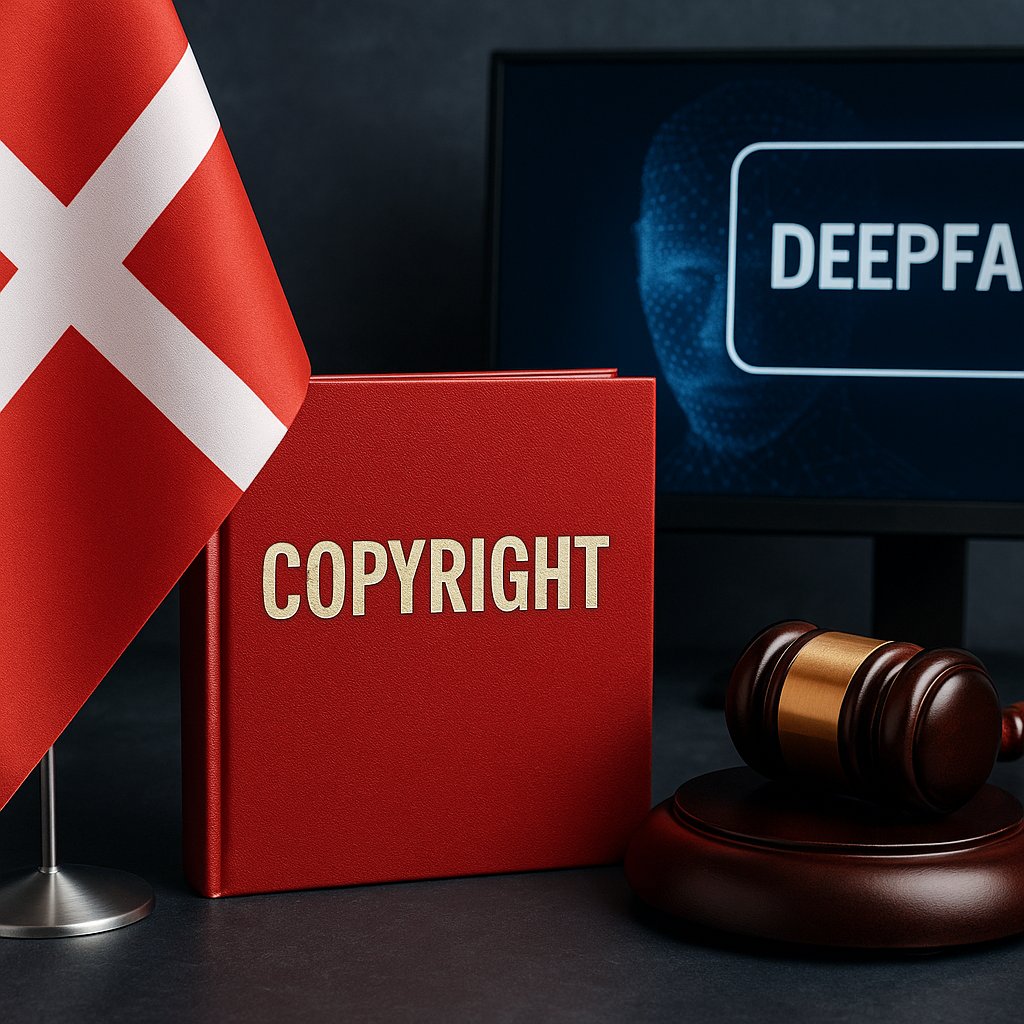Denmark is poised to take a revolutionary step in the battle against deepfake technology by proposing an amendment to its copyright laws that would allow individuals to claim ownership of their own likeness. This forward-thinking approach is backed by a significant majority in the Danish Parliament and aims to empower citizens to demand the removal of unauthorized digital reproductions of their image and voice from online platforms. The proposal is intended to safeguard individuals against the rapidly advancing capabilities of deepfake technology.
The rise of deepfakes—hyper-realistic digital fabrications of a person’s appearance, voice, or actions—has raised serious concerns. Deepfakes can lead to harassment, coercion, and even wrongful accusations, posing a considerable threat to personal identity and privacy. Current legal frameworks, such as the United States’ Digital Millennium Copyright Act (DMCA), largely focus on creative works and fail to address a person’s inherent identity, leaving many vulnerable to misuse.
Notably, high-profile cases highlight the inadequacies of existing laws. In 2024, actress Scarlett Johansson faced controversy when OpenAI introduced a new voice for its ChatGPT system that remarkably resembled her own. Despite her objections, the voice was launched, culminating in a potential legal battle that underscores the challenges faced by individuals in protecting their likenesses from unauthorized use.
Danish Culture Minister Jakob Engel-Schmidt has expressed strong support for the proposed laws, emphasizing that “human beings can be run through the digital copy machine and be misused for all sorts of purposes, and I’m not willing to accept that.” The proposed legislation seeks to clearly define unauthorized digital representations and establish a legal basis for removal requests and financial compensation. As Denmark gears up for its upcoming EU presidency, it aims to advocate for deeper regulatory approaches to deepfakes across Europe, potentially setting a new global standard.
The proposed Danish law will be subject to public review before formal submission, and if successful, it could pave the way for similar regulations worldwide, offering individuals a shield against the misuse of their digital likeness. While companies like Metaphysic explore alternative solutions, Denmark’s initiative represents a significant stride towards addressing a pervasive digital challenge.

